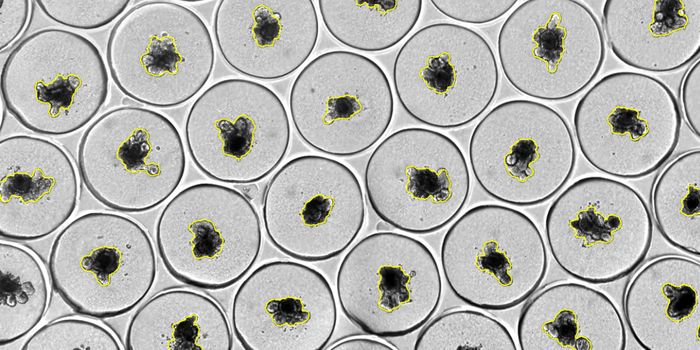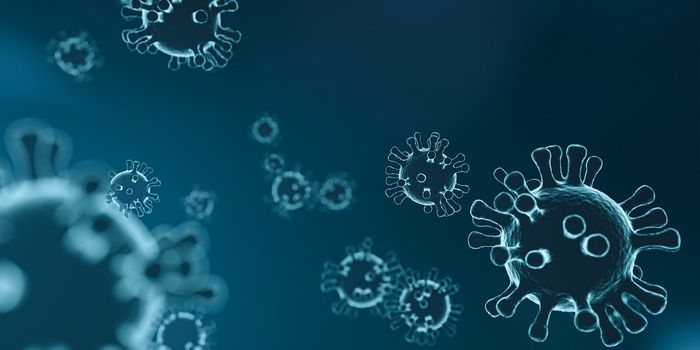The effect of aspirin on breast cancer
New research published recently in the journal Cancer aims to better understand the effects that aspirin can have on breast cancer. Previous research has suggested that aspirin can reduce the risk of breast cancer by up to 20% and that it also has the potential to aid in treatment for existing cancers. This most recent study looked specifically at the anti-inflammatory effects that aspirin has on women who have already received treatment for breast cancer.
The research comes from scientists at the University of North Carolina (UNC) at Chapel Hill's Gillings School of Global Public Health. The study focuses on aspirin, which is a common nonsteroidal anti-inflammatory drug (NSAID), because of its previously determined health benefits, such as preventing blood clots and reducing inflammation. The researchers wanted to further extend the understanding of aspirin’s health benefits towards breast cancer.
"Chronic inflammation is a key player in the development of multiple cancer types, including breast cancer," notes the recent study's first author, Tengteng Wang, Ph.D. Tengteng and colleagues go on to explain in the study that their research was guided by the fact that "the underlying biological mechanisms and epidemiological findings on aspirin use in relation to prognosis and mortality after [breast cancer] are limited and inconsistent."
In conducting the investigation, the researchers analyzed data from 1,266 women with breast cancer from the Long Island Breast Cancer Study. They specifically wanted to see if aspirin use would have any influence on DNA methylation in 13 genes related to breast cancer. The genes they focused on were APC, BRCA1, CDH1, CYCLIND2, DAPK1, ESR1, GSTP1, HIN, CDKN2A, PR, RAR-beta, RASSF1A, and TWIST1.
The study’s findings conclude a link between the methylation of certain genes and aspirin use. As explained by Medical News Today, the study showed that “women who had taken aspirin at least once per week for 6 weeks before receiving their breast cancer diagnosis and showed methylation in BRCA1 — a gene that promotes breast cancer tumors — saw an increase of 67% in all-cause mortality following treatment.” Meanwhile, “Women who had unmethylated BRCA1 and PR genes and who had taken aspirin in the period before their diagnosis saw a decrease in cancer-related mortality of 22–40%.”
The researchers admit that their study is just the beginning of fully comprehending the effects of aspirin on breast cancer. Tengteng Wang and Professor Marilie Gammon commented: "Future research designed to replicate our findings should include a larger sample size to allow examination of patterns of aspirin use, and an enlarged panel of genes to explore the role of genetic predisposition in driving overall genetic instability on survival after a breast cancer diagnosis.”
Sources: Cancer, Medical News Today









